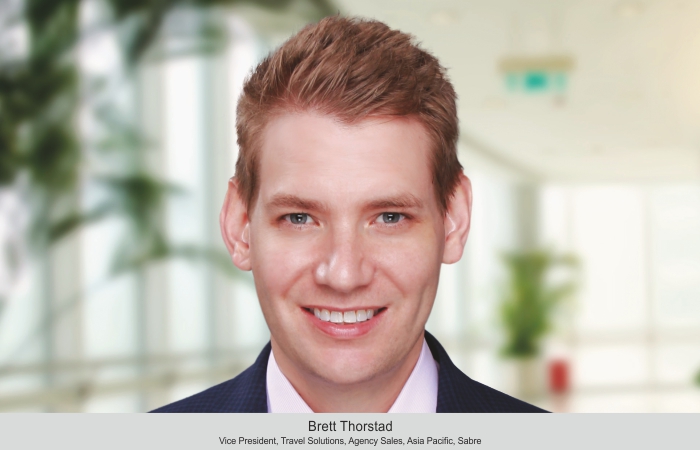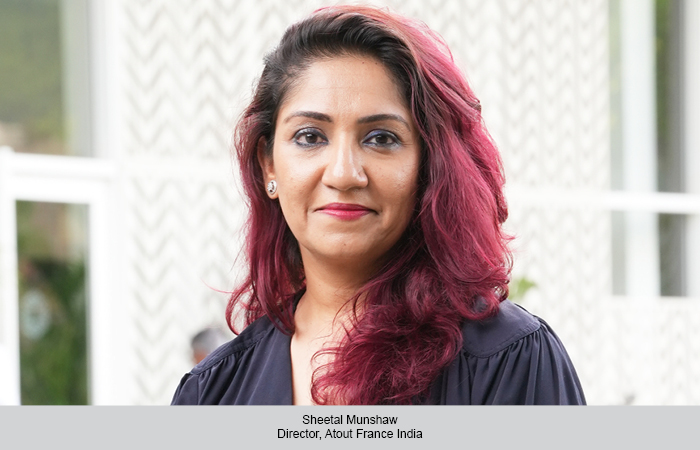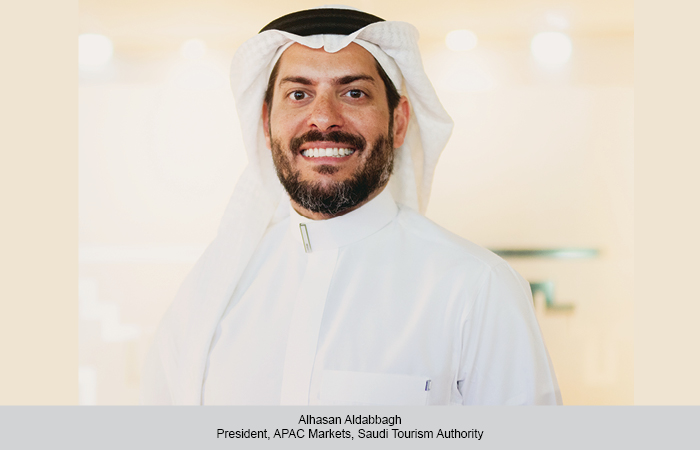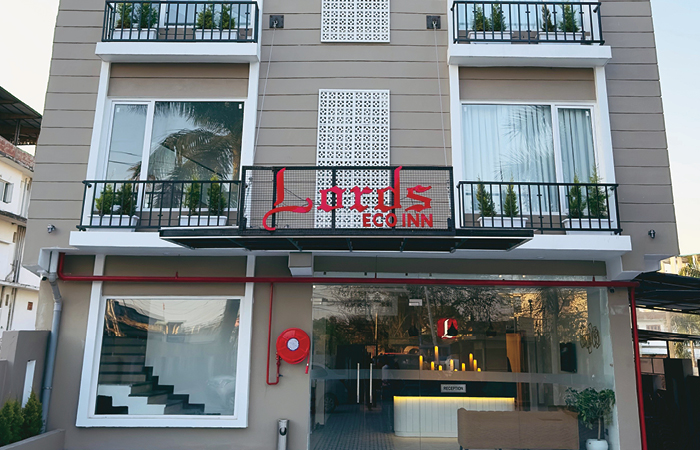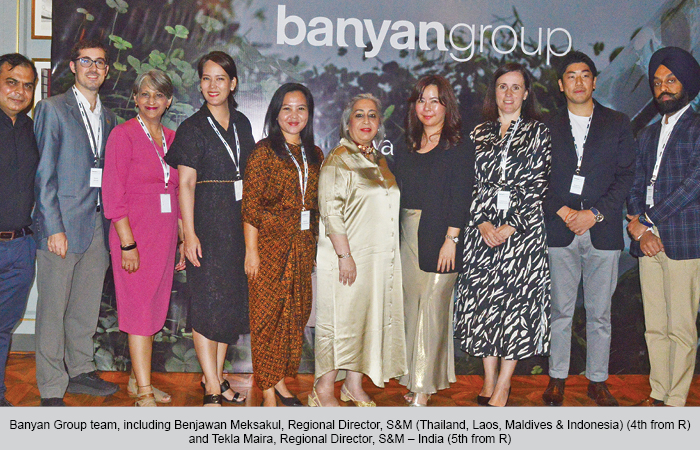Brett Thorstad, Vice President, Travel Solutions, Agency Sales, Asia Pacific, Sabre, shares his perspective on the growth that India is showing and some key agency trends that he sees emerge from the India market, one of them being automation tools.
Hazel Jain
Asia-Pacific is at the centre of growth in the travel industry and Sabre is witnessing a rapid acceleration in the recovery, says Brett Thorstad, Vice President, Travel Solutions, Agency Sales, Asia Pacific, Sabre. He was recently in India visiting key customers in New Delhi, Mumbai and Bengaluru.
He adds, “We have a large development centre in Bengaluru where we employ over 1,500 people. Sabre is investing heavily in major technology transformation and a lot of that work is being done out of this centre. India is actually the third-largest travel market in the world just behind the USA and China. We are seeing rapid growth in the India market with high single-digit GDP growth every year. This is also translating into the travel market as the demography of the Indian population is changing. India is a very important market for Sabre and that is why we are planning to make some significant investments in India in the next several years and take advantage of the travel recovery here.”
Tech transformation
Sabre invests a lot on technologies. In 2019, Thorstad shares, it spent over a billion dollars on developing new technology. “We have recently partnered with Google to transform the Sabre platform into a cloud environment. We are also working with Google on collaborations around innovation, particularly in the AI space. We look to introduce many innovative AI products like Sabre Travel AI launched last year – in the airline space around intelligent retailing. We will launch some exciting products in the agency space soon,” he reveals.
The big thing the airlines are looking to do right now is offer their products the way they want to offer. “We are seeing that travellers are looking for hyper-personalised buying experience. So you have the need on the airline side to retail how they like to retail and the desire on the consumer side to purchase travel the way they like to. Sabre sits in the middle and personalised travel is our vision for future. NDC is a component of personalised retailing. But we are looking to go beyond NDC. Having said that, we do see NDC as a big opportunity over the next few years,” Thorstad says.
Capacity challenges
He, however, adds that a lot of airlines are struggling with capacity. “We see that the demand for travel is rising. That extends both in the corporate space as well as leisure travel. Either the airlines don’t have capacity in terms of fleet or they don’t have staff in terms of baggage handlers and ground crew. Airports are struggling to manage capacity as well. As we do see travel demand return, the problem is on the ability to meet that demand,” he says.
Speaking of recovery, Thorstad says that Asia-Pacific has been trailing the recovery globally as a region. “For 2022, we are seeing recovery of 40 per cent of 2019. For India, it’s a slightly different story. India is actually leading this recovery for Asia-Pacific, together with Australia and New Zealand.
Market trends
Thorstad says bleisure has taken off well. “We see the business travel sector recover far faster than we had predicted and believe it will come back to 2019 levels soon. We see a lot of investments into automation products by agencies,” he adds.
 TravTalk India Online Magazine
TravTalk India Online Magazine

